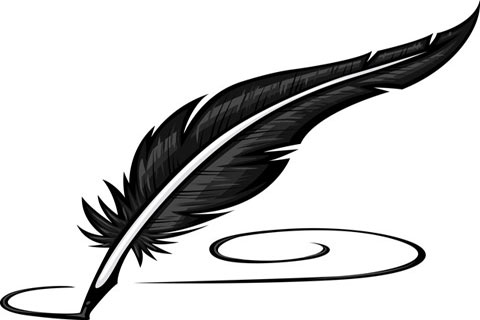“Ik denk, dat het wel krachtig zal worden; het weet zich ten minste nu al goed te verweren.”
Literal Breakdown
| Recording | English | Dutch | Learn |
|---|---|---|---|
| I | ik | ||
| think (1st person singular) | denk | ||
| that | dat | ||
| it | het | ||
| indeed; rather | wel | ||
| powerful | krachtig | ||
| will (singular) | zal | ||
| to become | worden | ||
| it | het | ||
| know (singular) | weet | ||
| himself | zich | ||
| in any case | ten minste | ||
| now | nu | ||
| already | al | ||
| good | goed | ||
| to | te | ||
| to defend; to weather | verweren |
Summary
The Dutch translation for ““I think it will be powerful; at least it knows how to defend himself already.”” is “Ik denk, dat het wel krachtig zal worden; het weet zich ten minste nu al goed te verweren.”. The Dutch, “Ik denk, dat het wel krachtig zal worden; het weet zich ten minste nu al goed te verweren.”, can be broken down into 17 parts:"I" (ik), "think (1st person singular)" (denk), "that" (dat), "it" (het), "indeed; rather" (wel), "powerful" (krachtig), "will (singular)" (zal), "to become" (worden), "it" (het), "know (singular)" (weet), "himself" (zich), "in any case" (ten minste), "now" (nu), "already" (al), "good" (goed), "to" (te) and "to defend; to weather" (verweren).Examples of "“I think it will be powerful; at least it knows how to defend himself already.”" in use
There is 1 example of the Dutch word for "“I think it will be powerful; at least it knows how to defend himself already.”" being used:| Recording | English | Dutch | Learn |
|---|---|---|---|
| The ugly young duckling | Het lelijke jonge eendje |
Practice Lesson
Lesson

Lesson words

